The $1.8 billion IMF aid program secured in 2023 is currently on hold, necessitating a restructuring of the agreement, according to Finance Minister Cheikh Diba.
The government aims to establish a new agreement by the first quarter of 2025 at the latest.
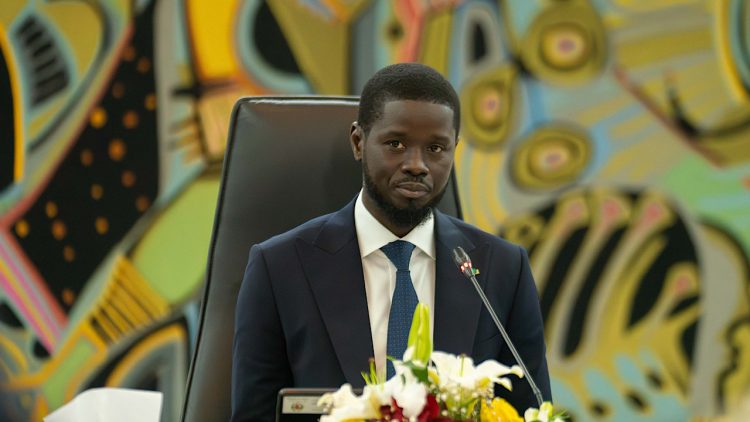
During the annual IMF meetings in Washington, Minister Diba announced that Senegal’s program with the IMF requires revision due to an audit revealing a higher debt and budget deficit than previously reported.
He stated, “We are in discussions with the Fund,” emphasizing the need to update the current program.
The program, which was initially approved, has faced setbacks, with a scheduled payment of 338 billion CFA francs delayed until 2025. Minister Diba acknowledged the implications of these findings, stating that discrepancies between reported figures and actual figures led to this reassessment.
The budget deficit is now over 10% of GDP, nearly double the initially reported figure of 5.5%.
This prompted immediate consequences, including a downgrade of Senegal’s credit rating by Moody’s, which further reduced it into speculative territory, with the possibility of additional downgrades looming. This situation also led to significant selling of Senegalese Eurobonds.
The audit, commissioned by newly elected President Bassirou Diomaye Faye, uncovered troubling statistics from the last five years of Macky Sall’s presidency. The debt-to-GDP ratio at the end of 2023 exceeds 80%, compared to the previously reported 73%, as confirmed by an independent IMF review.
Minister Diba stated that funds already disbursed will not need to be repaid, highlighting that transparency in the audit process allowed Senegal to return to the IMF with accurate figures.
Additionally, the government has initiated a review of contracts in the natural resources sector. Minister Diba remarked, “We cannot change the rules of the game mid-play, but the state has the right to verify if the contracts complied with the mining and oil codes in effect at the time.”
This review comes as Senegal is poised to become a significant oil and gas producer, with the $4.8 billion GTA liquefied natural gas project, led by BP and Kosmos Energy, set to commence this year.
The Sangomar oil development, operated by Woodside Energy, has already been in production since June.
These projects are expected to significantly boost the country’s economic growth, projected at 6% for this year and over 10% in 2025.
































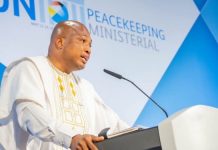

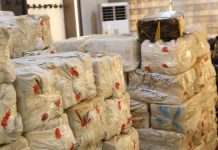



















![[FREE FREE MONEY] Predict and Win a Guaranteed GH¢200 From Us EVERY WEEK](https://wordpress.ghanatalksradio.com/wp-content/uploads/2022/02/Predict-and-Win-Final-09-03-2021-218x150.jpg)
![[Predict & Win – 8th/Oct.] WIN A Guaranteed ¢200 From Us This Week](https://wordpress.ghanatalksradio.com/wp-content/uploads/2021/10/maxresdefault-16-218x150.jpg)
![[Predict & Win – 2nd] WIN A Guaranteed ¢200 From Us This Week](https://wordpress.ghanatalksradio.com/wp-content/uploads/2021/09/maxresdefault-50-218x150.jpg)
![[Predict & Win – 25th] WIN A Guaranteed ¢200 From Us This Week](https://wordpress.ghanatalksradio.com/wp-content/uploads/2021/09/maxresdefault-36-218x150.jpg)
![[Predict & Win – 18th] WIN A Guaranteed ¢200 From Us This Week](https://wordpress.ghanatalksradio.com/wp-content/uploads/2021/09/maxresdefault-23-218x150.jpg)

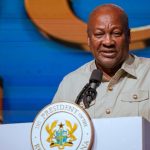

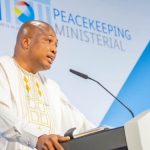





![[National cathedral] See full list of churches that have contributed since 2018](https://wordpress.ghanatalksradio.com/wp-content/uploads/2020/09/Ghana-National-Cathedral-GhanaTalksRadio-100x70.jpg)



